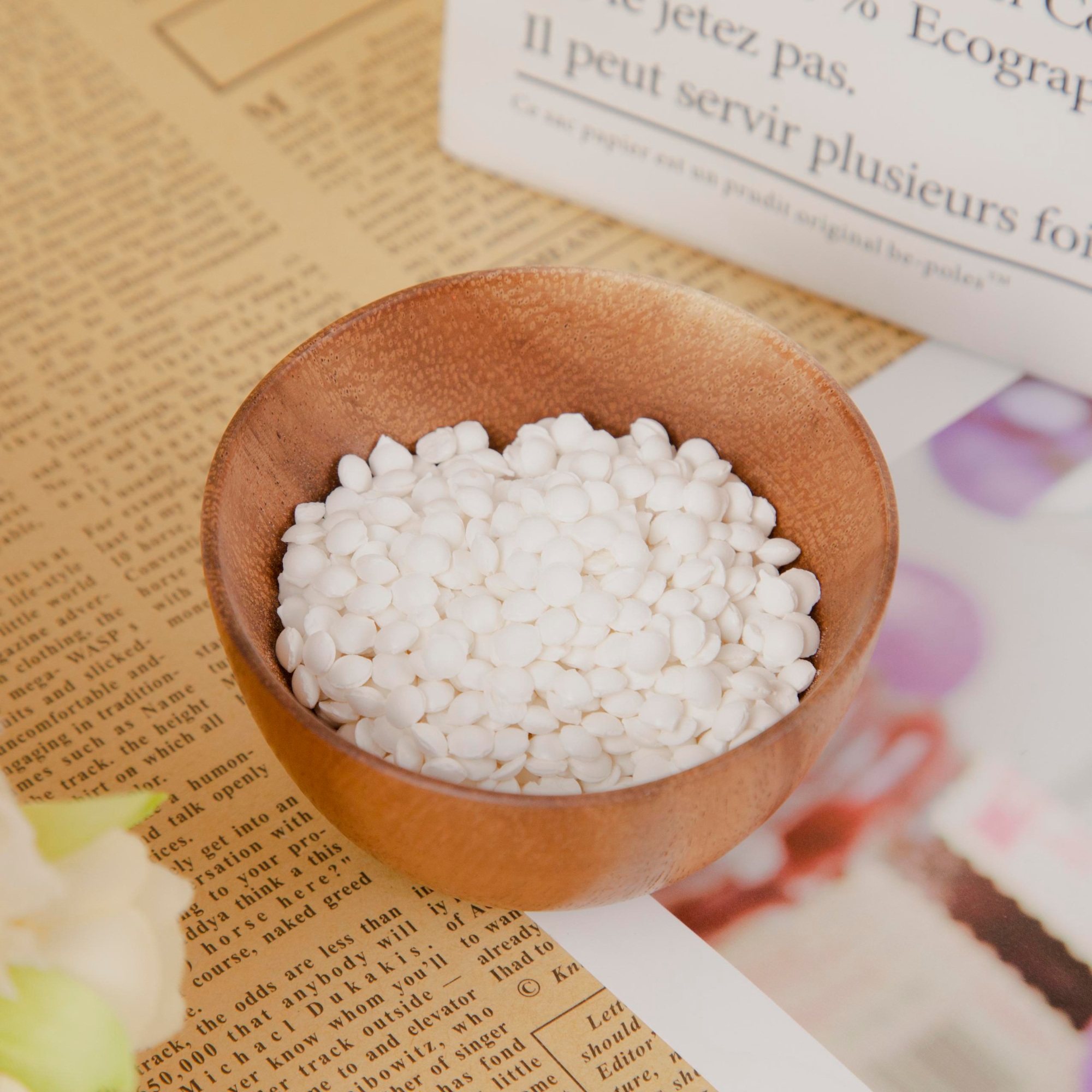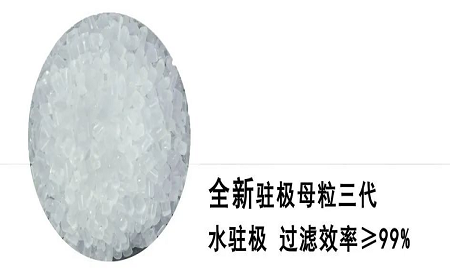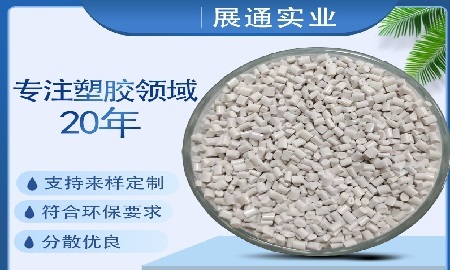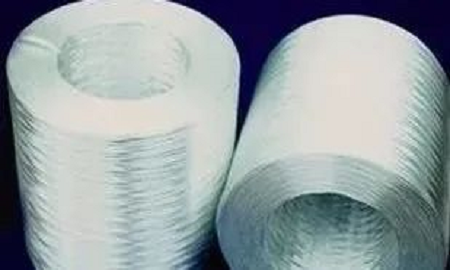Why use antibacterial bedding? Look at this!
In bedding, there are often two kinds of allergens: one is the allergen that comes with the bedding, such as down or cotton; The other is bacteria and mites that are left on the bedding by sweat, dander and other dirt.
Bacteria are single-celled organisms, which are very small and can't be seen with the naked eye. Even if you look at the clean bedding, it is possible to hide hundreds of millions of bacteria. They mainly reproduce by asexual division, which usually divides once every 20-30 minutes. Just to calculate, if there is one bacteria in the quilt in the morning, at 12:00 noon, the bacteria can multiply to at least 16777216, so how many bacteria are there in your quilt? I can't imagine!
03-06 / 2023








